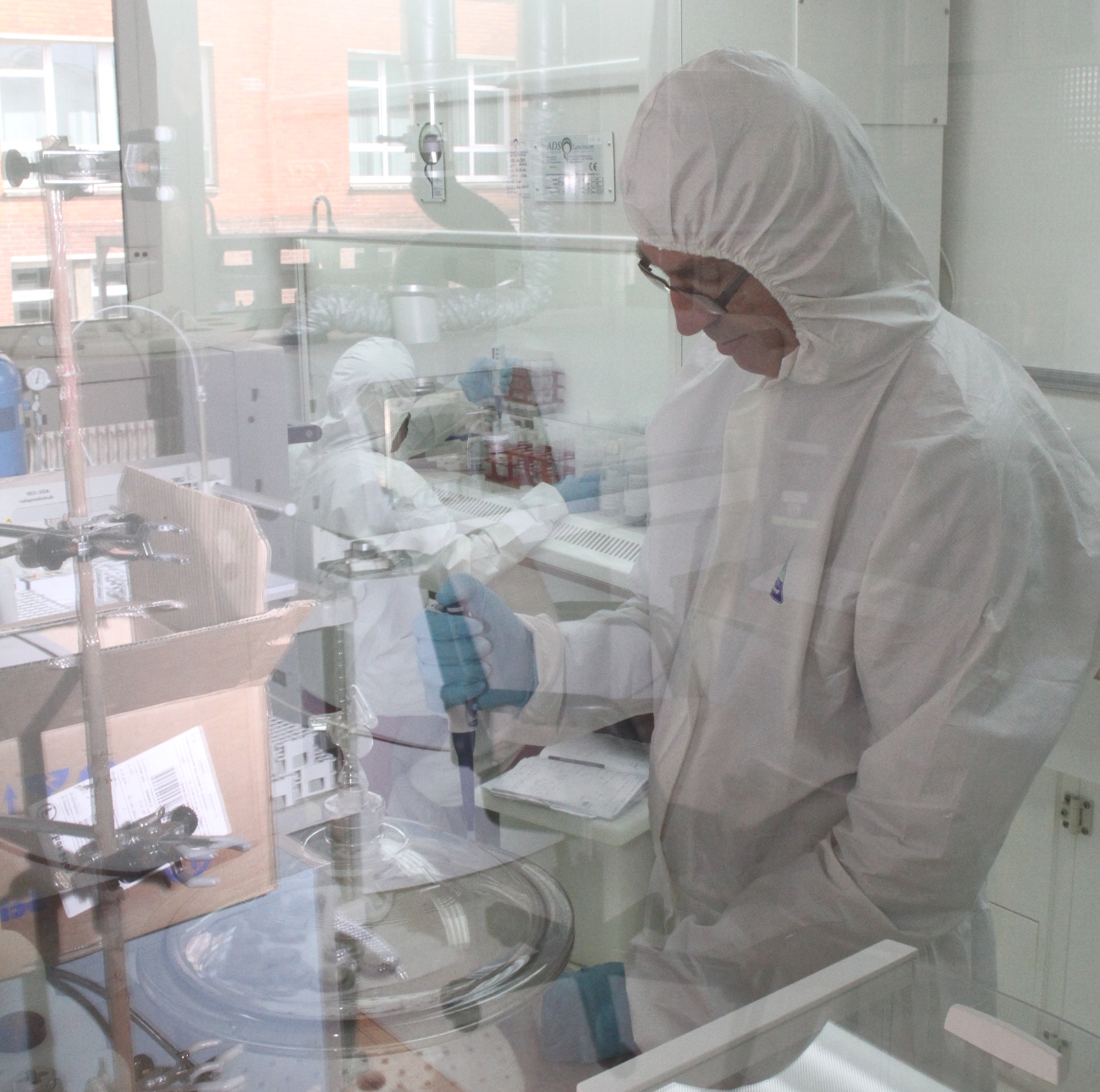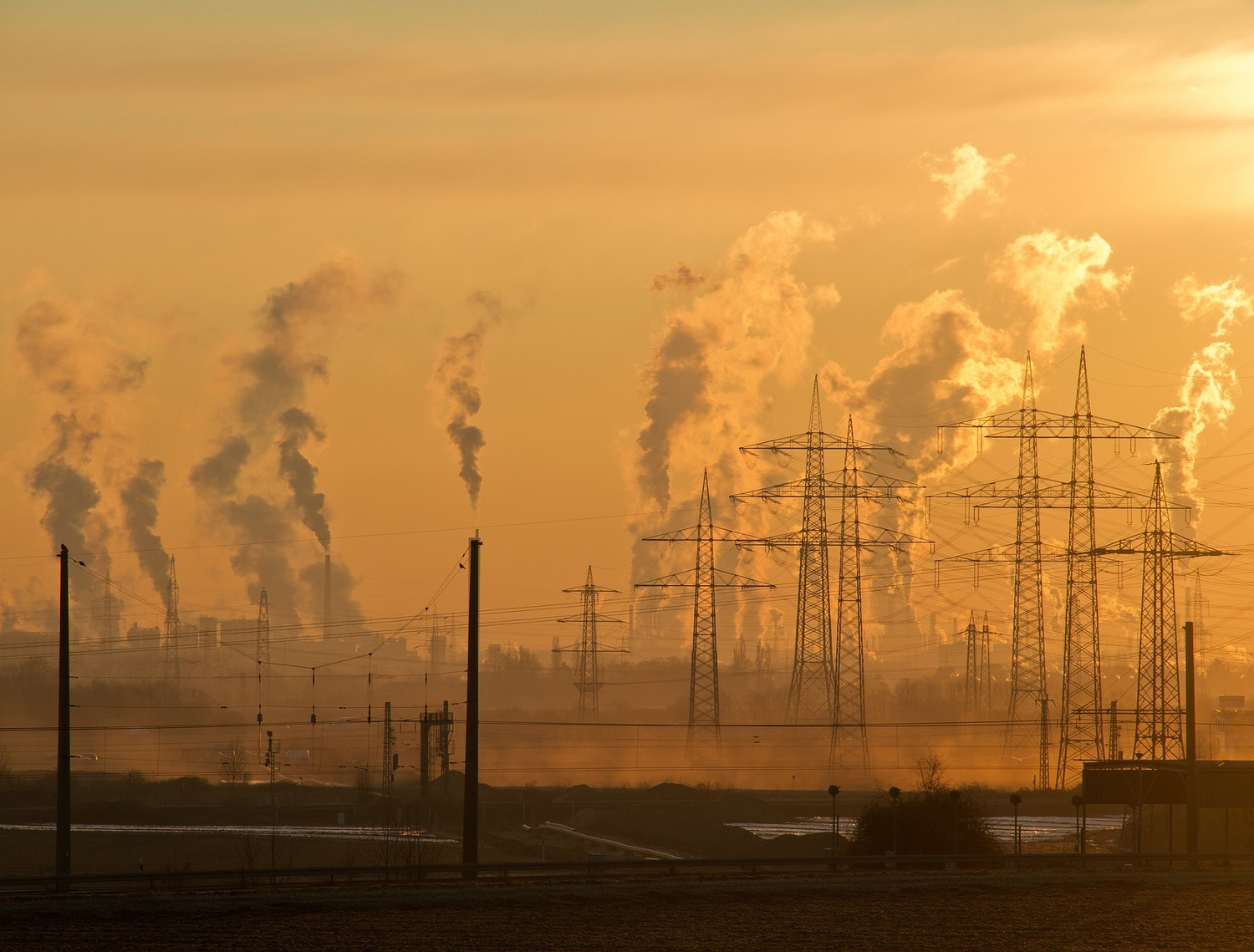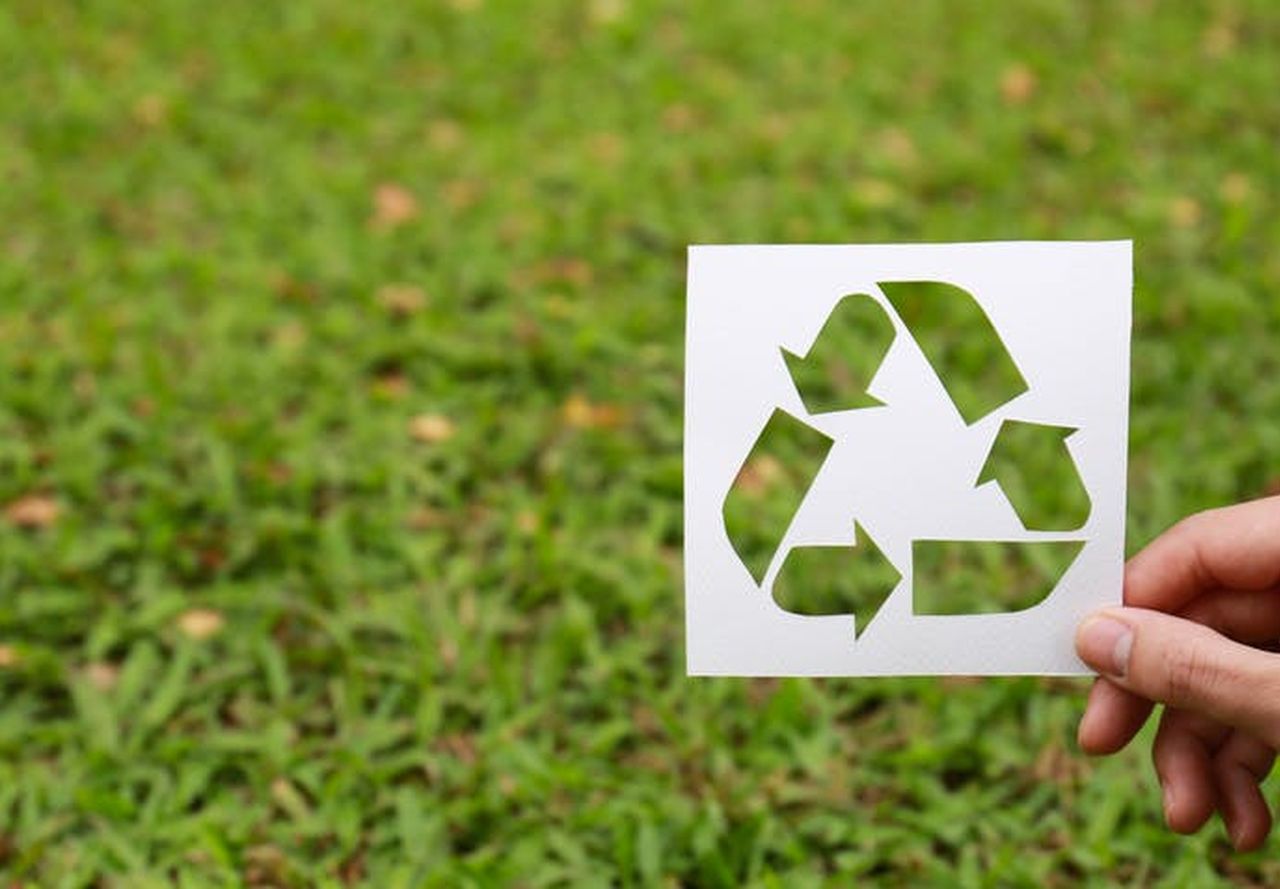
“We must work now to recycle composites”
Energy & environment, Environment, In the News, MaterialsHigh-performance composite materials are used in cutting-edge sectors such as energy, aerospace and defense. The majority of these parts have not yet reached the end-of-life stage, but recycling them remains a medium-term issue that must be…

CUBAIR: a prototype for purifying indoor air
Energy & environment, Environment, In the NewsImproving indoor air quality? That's what the CUBAIR project aims to do. By developing a new treatment system, researchers have managed to significantly reduce fine particle concentration and nitrogen oxides.
An important reminder:…

Fine particles: how can their impact on health be better assessed?
Energy & environment, Environment, Health, In the NewsIn order to assess the danger posed by fine particles in ambient air, it is crucial to do more than simply take regulatory measurements of their mass in the air. The diversity of their chemical composition means that different toxicological…

What’s new in the atmosphere?
Energy & environment, Environment, In the NewsIn conjunction with the 4th National Conference on Air Quality held in Montrouge on 9 and 10 October 2018, I’MTech sat down with François Mathé, a researcher in atmospheric sciences at IMT Lille Douai to ask him five questions. He gave us…

The contest for the worst air pollutant
Energy & environment, Environment, In the NewsLaurent Alleman, IMT Lille Douai – Institut Mines-Telecom
[divider style="normal" top="20" bottom="20"]
[dropcap]I[/dropcap]n its report published on June 28, 2018, the French Agency for Health Safety (ANSES) presented a list of 13 new…

Will the earth stop rotating after August 1st?
Energy & environment, Environment, In the NewsBy Natacha Gondran, researcher at Mines Saint-Étienne, and Aurélien Boutaud.
The original version of this article (in French) was published in The Conversation.
[divider style="normal" top="20" bottom="20"]
[dropcap]I[/dropcap]t has…

Campus Mondial de la Mer: promoting Brittany’s marine science and technology research internationally
Digital, Energy & environment, Environment, In the NewsIf the ocean were a country, it would be the world's 7th-largest economic power, according to a report by the WWF, and the wealth it produces could double by 2030. The Brittany region, at the forefront of marine science and technology research,…

Atmospheric reactive trace gases: low concentrations, major consequences
Energy & environment, Environment, Europe EN, In the NewsDespite only being present in very small quantities, trace gases leave their mark on the atmospheric composition. Since they are reactive, they may lead to the formation of secondary compounds such as ozone or aerosols that have a significant…

What is a volatile organic compound (VOC)?
Energy & environment, Environment, Health, In the News, What's?Pollution in urban areas is a major public health issue. While peaks in the concentration of fine particles often make the news, they are not the only urban pollutants. Volatile organic compounds, or VOC, also present a hazard. Some are carcinogenic,…

How eco-design earned its place in the corporate world
Energy & environment, Environment, In the NewsNatacha Gondran, Mines Saint-Étienne – Institut Mines-Télécom
[divider style="normal" top="20" bottom="20"]
[dropcap]I[/dropcap]n the 1970s, regulations were introduced to require companies to prevent industrial pollution. Examples…

